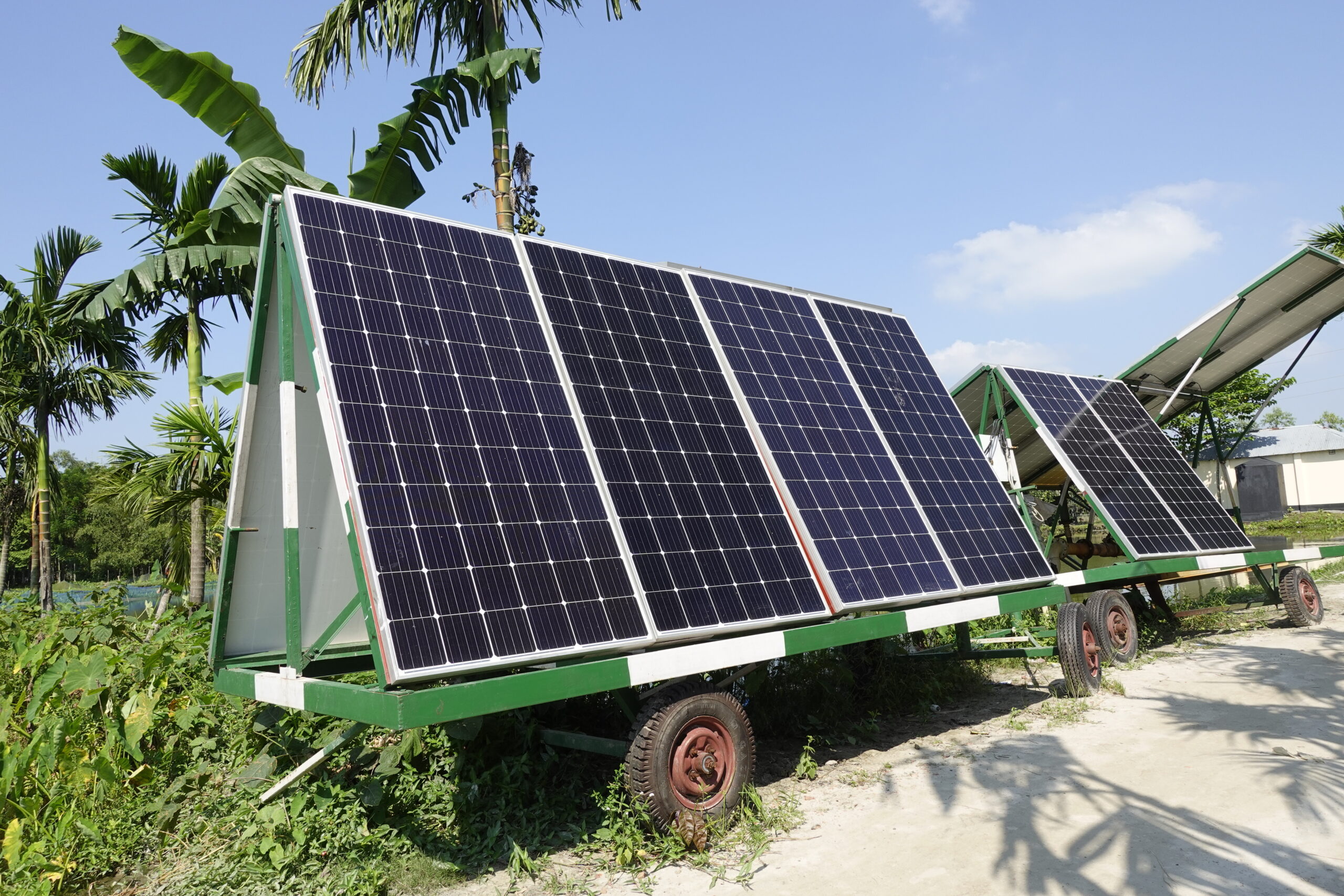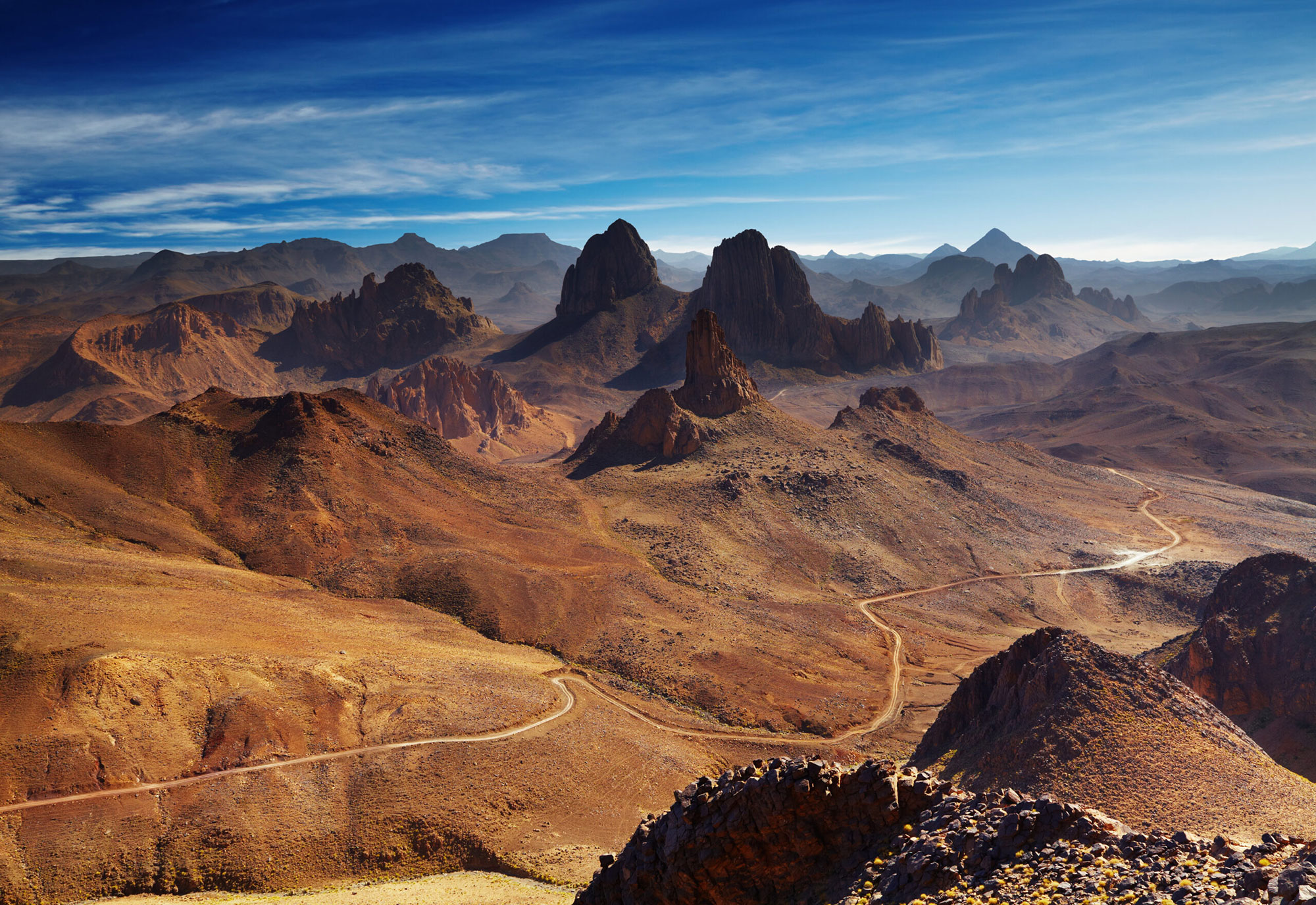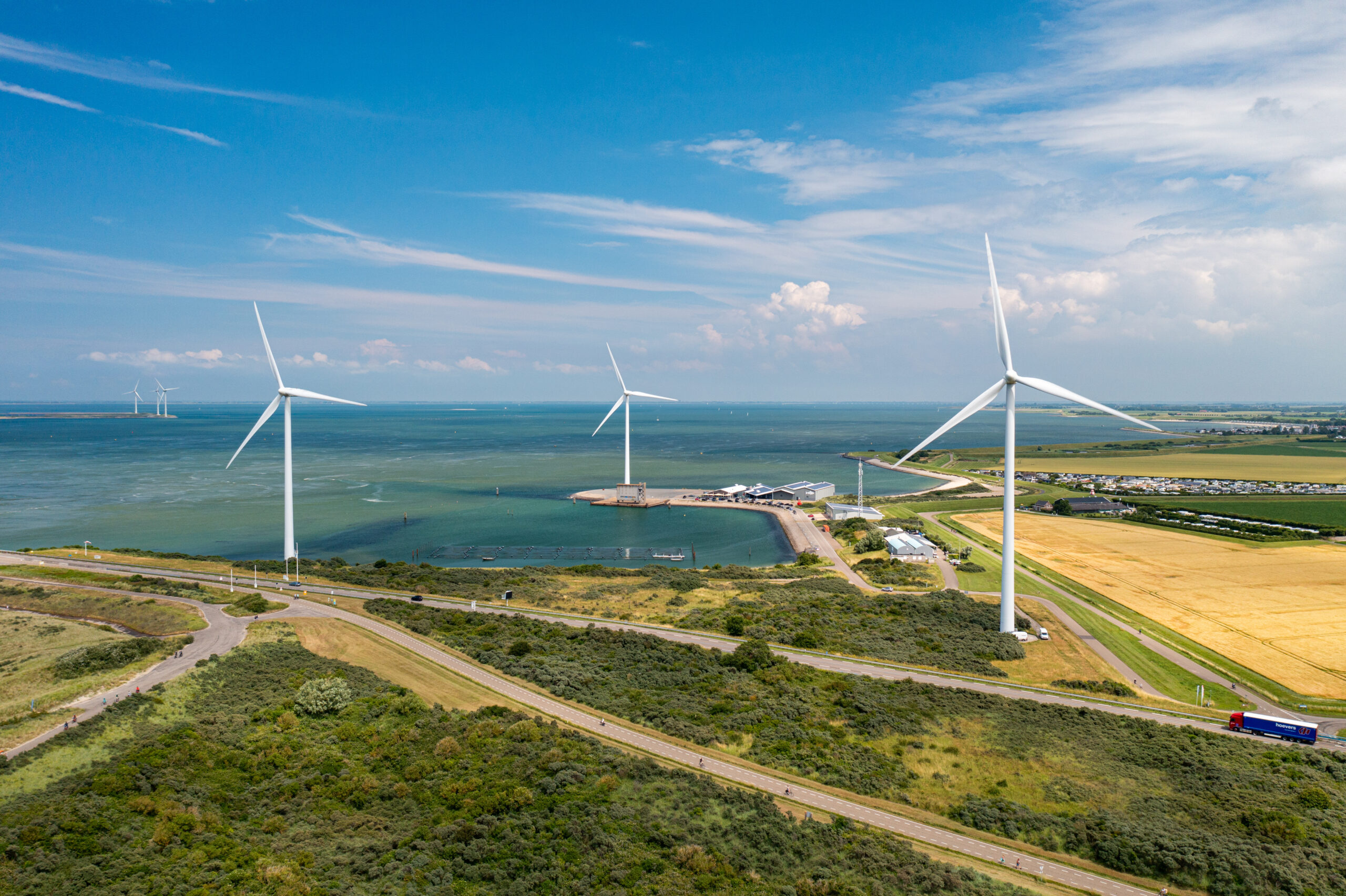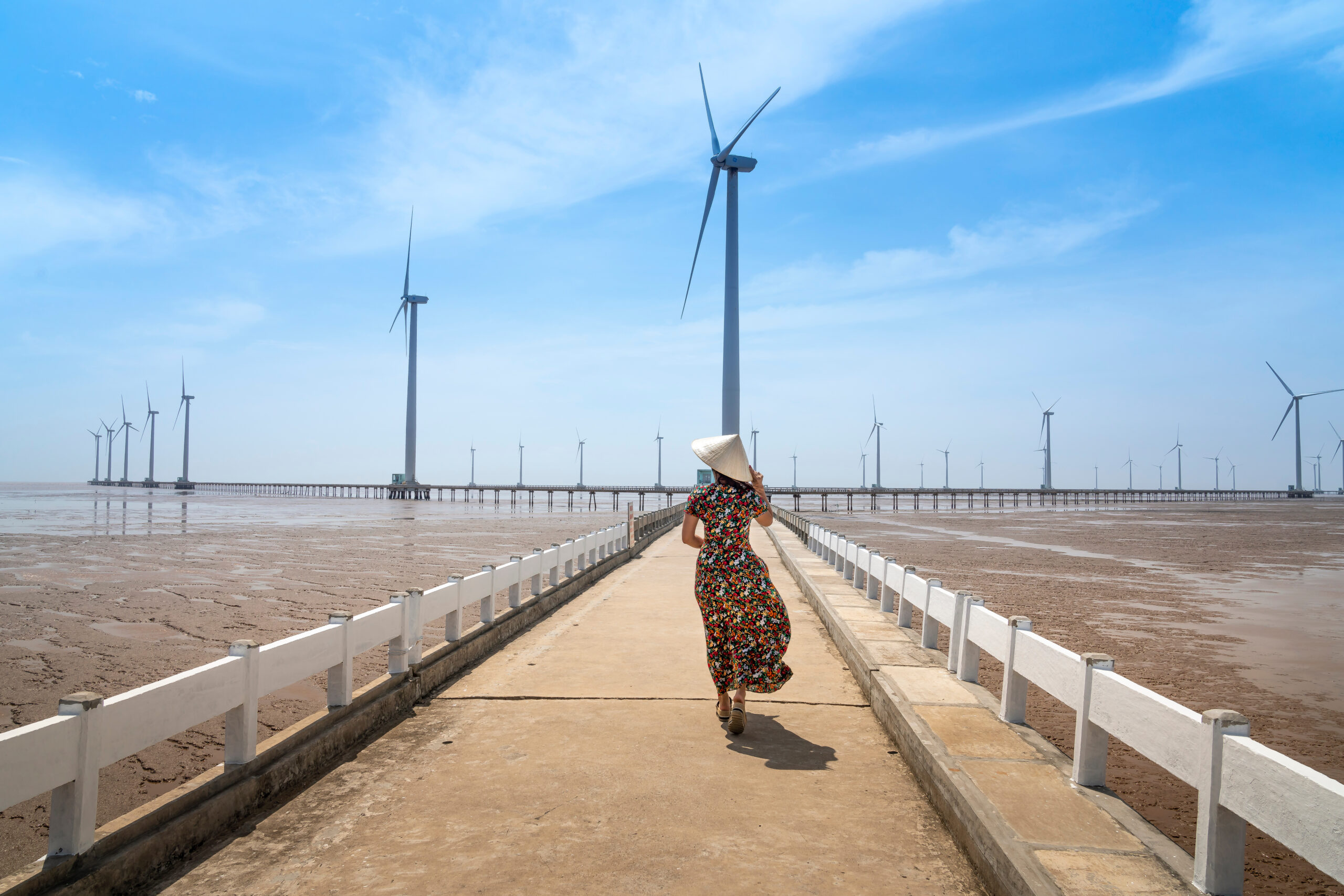Bangladesh oil tariff spike lures firms to solar
Higher Bangladesh oil and other fossil fuel tariffs are leading to greater installation of rooftop solar systems.

Higher Bangladesh oil and other fossil fuel tariffs are luring private and public entrepreneurs to install rooftop solar systems to reduce power costs, industry insiders said.
They said a large number of industries, especially textile and jute millers and ready-made garment factories, are installing rooftop solar systems.
A rooftop solar system currently costs around Tk 5.5-6.0/kWh, which is around 43.76% to 38.65% less than the grid power costs at above Tk 9.78/kWh, according to official data from the Power Division under the Ministry of Power, Energy and Mineral Resources (MPEMR).
Additionally, rooftop solar system owners in Bangladesh can sell surplus electricity to the national power grid under the net-metering system, according to the MPEMR policy.
Industry owners are getting up to 80% fiscal support from local lenders and development partners to get rooftop solar projects in their factories.
“We’re very satisfied after installing our first 2.87 MW rooftop solar project at Janata Jute Mills at Boalmari, Faridpur,” Hosain Muhammad Alamin, a project and development manager at the Akij Bashir Group, told Gas Outlook.
The jute mill’s monthly electricity bill dropped by around Tk 2.50 million after installing the solar system, he said.
“We’re working to install another 2.0 MW rooftop solar plant near Dhaka soon,” he said.
Akij Bashir Group is looking to meet 70% of its total power demand from renewable energy, especially from rooftop solar, in the near future.
“We’ve planned to build some 50 MW capacity rooftop solar plants in phases at Akij Economic Zone in Trishal, Mymensingh,” said Alamin.
State-run Infrastructure Development Company Ltd (IDCOL) has been providing up to 80% funding to private sector entrepreneurs to build rooftop solar plants in their factories, IDCOL head of renewable energy, Md Enamul Karim Pavel, told Gas Outlook.
IDCOL gets funds from the World Bank and Germany’s KfW Development Bank to support local business entrepreneurs to build rooftop solar projects, he said.
IDCOL also provide technical and monitoring support to borrowers so that the project is successfully implemented without any hurdles, said Pavel.
Green compliance
Rooftop solar projects are not only cutting business expenses but also helping entrepreneurs meet some compliance requirements of going green to attract overseas buyers, said the IDCOL official.
Some apparel units prefer power from rooftop solar projects as a means of complying with criteria for green industries to receive LEED certificates.
LEED Certification is the widely used global standard that recognises buildings that are efficient and cost-effective, and better for occupants and the environment, he added.
Swedish multinational clothing company H&M is promoting rooftop solar systems among its enlisted readymade garment suppliers in Bangladesh.
H&M is handing out more orders to those factories that install rooftop solar plants in their factories, Pavel said.
That matches H&M’s pledge to become climate positive throughout its entire value chain by 2040, he said.
Solar power generation is a top IDCOL priority to meet demands from international buyers to ensure power consumption from renewable sources like solar, Pavel said.
“We supported the private sector to build some 50 MW rooftop solar plants until 2021, which jumped high to around 100 MW within a year by 2022,” he said.
The IDCOL has a target to install around 300 MW rooftop plants by 2025.
“We’re trying to popularise the use of rooftop solar projects in both public and private sectors, which will be beneficial for end-users,” he said.
Bangladesh raised retail power tariffs three times by around 5% each time over the three consecutive months of January, February and March 2023, a spokesperson from state-owned Bangladesh Power Development Board (BPDB) Md Shamim Hasan told Gas Outlook, referring to Bangladesh’s ever increasing tariffs on fossil fuels.
Natural gas tariffs for industries, power plants and commercial users also soared as high as 178.88% from February.
Previously, Bangladesh raised natural gas tariffs by 23% on average in June 2022 and bulk electricity tariffs by 20% year-on-year in November 2022.
Bangladesh raised the prices of refined petroleum products by up to 51.68% in August 2022.
The South Asian country is set to hike tariffs of fossil fuels further as the government has planned not to provide subsidies in fossil fuels, state minister for the MPEMR, Nasrul Hamid, told news media recently.
Schools and public buildings
The government is considering installing solar panels on the rooftops of primary and secondary schools and many other public offices to promote renewable energy against the backdrop of the country’s land scarcity, he said.
The International Monetary Fund (IMF) recently approved a $4.7 billion loan to Bangladesh on the condition that Dhaka will continue to rein in heavy subsidies in the energy sector, the largest of which go to the electricity sector, followed by natural gas.
Although Bangladesh has been raising domestic fuel and energy prices, the IMF said that Bangladesh’s subsidies for gas and electricity combined are expected to reach about 0.9% of GDP in the 2023 financial year compared with 0.4% of GDP in the 2021 financial year and 0.5% in the 2022 financial year to reflect elevated global commodity prices.
According to the IMF, “In addition, barring further global price shocks, the Bangladesh authorities have committed not to increasing these subsidies during the program and explore options to gradually reduce them further, while scaling up social protection schemes.”
The rapid installation of 2,000 MW of rooftop solar systems in Bangladesh could reduce 15 million tonnes of CO2 through 2023-30 and contribute to achieving the country’s Nationally Determined Contributions (NDCs), Shafiqul Alam, an energy finance analyst at the Institute for Energy Economics and Financial Analysis, told Gas Outlook.
Currently, the payback period for a 1 MW rooftop solar is over six years. Another round of electricity price hikes could reduce the payback period to around five years, he said.
Rooftop solar projects are very viable for large offices and factories, Alam said.
Not the IDCOL alone, but commercial banks should also provide funding to implement rooftop solar projects in Bangladesh, he observed.
Otherwise, the rooftop solar system will not gather momentum despite having huge potential, he added.
Bangladesh has cancelled 10 coal-based power plants involving US$12 billion in investment, just to supplement its efforts against the adverse impacts of climate change, Bangladeshi Prime Minister Sheikh Hasina said while addressing COP26.
Bangladesh government is working to build rooftop solar projects in all 64 district administration offices, said Power Division joint secretary Nirod C Mondol who looks after renewable energy issues.
If rooftop plants can be installed in all the key district offices of the government, the overall power generation from solar projects will increase exponentially, he added.
Bangladesh’s total power generation capacity was around 21,710 MW at the end of 2022, according to official data. Around, 51% of the country’s power capacity is natural gas-fired, while 27% is from HSFO, 6% from gasoil or diesel and only 2% from hydropower and solar, with another 5% imported from India.



